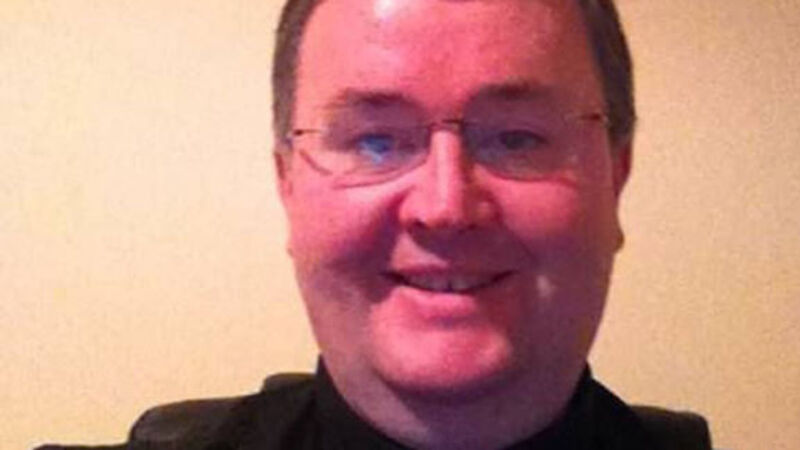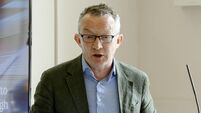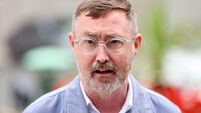Vocations crisis sees Church prepare for lay ministers

The prospect of priests not receiving remains at Church or officiating at graves at funerals is contained in the Killaloe Pastoral Plan to 2020 as the Church there grapples with the growing vocations crisis.
Against the background of declining vocations, the plan states: “We have to plan for a situation where members of the local community will lead liturgical celebrations on weekdays and also on Sundays when no priest is available.”













